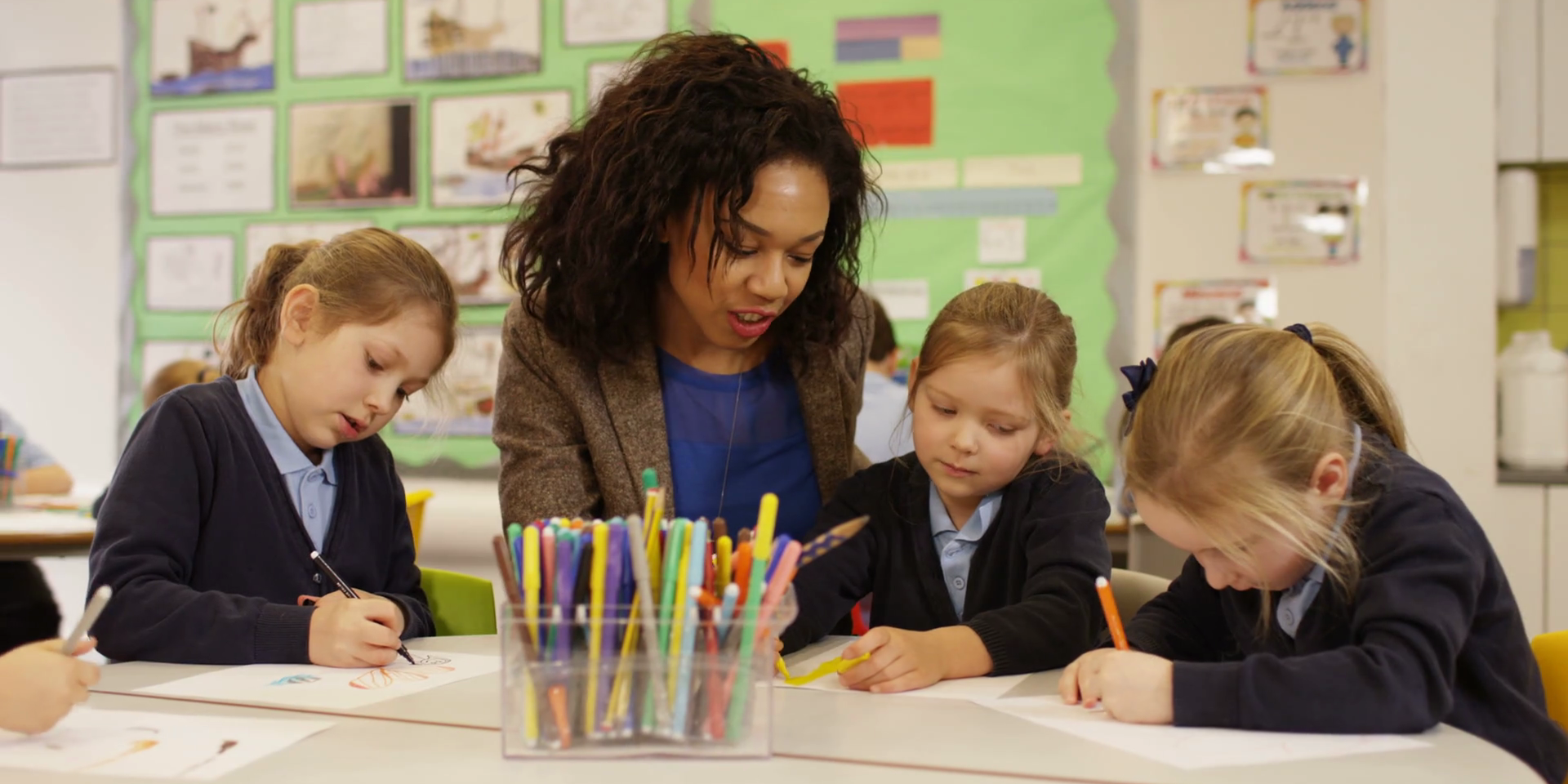by Brisbane Tutor Justin Clark
Comprehension and Children With Learning Difficulties
Comprehension is the process of extracting and constructing meaning from what we read. It involves the ability to decode and identify words as well as the ability to connect prior knowledge with text in order to build new meanings. Decoding is an important part of the comprehension process, but it is insufficient by itself to build understanding. Comprehension is a central part of the reading process and involves not just gaining a literal understanding of what we are reading by locating and recalling details but also being able to use inference.
In regard to narrative texts, they typically consist of a setting, characters, a chain of events, a problem or goal and events aimed at resolving the problem or completing the goal and a resolution. Narratives also contain themes and messages, tone and points of view.
Visualisation
In comprehending narrative texts, successful comprehension strategies for students with learning difficulties such as dyslexia, include visualisation, comprehension monitoring, summarisation and recognising story grammar elements and themes. Visualisation is especially useful for students with learning difficulties and is where questions are supported by pictorial displays. This enables students with learning difficulties to be more engaged during reading comprehension.
Comprehension Monitoring
Comprehension monitoring is a strategy that teaches students how to be aware of and identify what they don’t understand. Teachers can model their own thinking to students about how to stop at the end of paragraph, page or section and think about whether they have understood what they have read. If the student does not understand, they can then re-read the sentence, section or paragraph they’ve experienced trouble with. If there’s an unfamiliar word they can look up its meaning. If they’re still experiencing difficulty they can ask for help. While much of this can seem simple, many students with learning difficulties don’t know some of these strategies. We need to teach students, especially younger students, that good readers actually do think while they read. Some students see this as a revelation, especially students with reading difficulties. That’s why modelling can be crucial in understanding these concepts and helps students to be more engaged in their reading.
Themes
In regard to themes, they can often prove quite difficult to recognise and become aware of. However, once students have an awareness that themes are used as a means for the author or storyteller to communicate a moral or message, themes become more powerful and more easily recognisable. This is especially so when students can relate a particular theme to events in their own lives. Groups discussions can provide a platform for this where students can participate actively in building meaningful discussions.
Teachers and educators can facilitate this by discussing what a particular theme means to them and relating the theme to themselves. This type of modelling can provide a platform from which to build upon. Other useful comprehension strategies are those that provide space for students to engage in peer discussion about a book they’ve read, in which they ask thoughtful, meaningful questions and have the opportunity to bring up issues they felt would help them understand the text better.
Strategies Help
Narrative comprehension can be challenging for students with learning difficulties. However, strategies that help students learn how to actively participate in the reading process are the interventions that are most successful. This type of instruction teaches children how to comprehend and provides instructional spaces and context in which students with learning difficulties can actively participate, rather than feeling left out.
The goal is to provide students with tools they can use to make meaning from what they are reading, which in turn leads to greater engagement and more enjoyment in the reading process.

Justin Clark, Private Brisbane Tutor
A learning difficulties tutor, Justin Clark helps children with Aspergers, Dyscalculia and all other types of learning difficulties – he also provides private tutoring for children struggling lin particular subjects as well as homeschool help.


